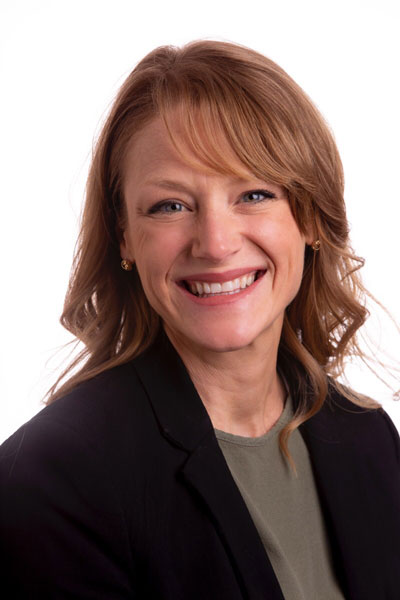Neurobiology symposium will feature predoctoral fellows’ work
By Jan Jarvis
As a predoctoral fellow in 2012, Nicole Phillips presented her research on genetic variants associated with Alzheimer’s disease at the Neurobiology of Aging Trainee Symposium.
Seven years later, Dr. Phillips will watch the predoctoral fellow she is mentoring present her own work.
“This is the cumulative event of the year for fellows,” said Dr. Phillips, Assistant Professor Microbiology, Immunology and Gene. “It’s very rewarding to be a part of it and to participate from the other side of the table as faculty.”
UNT Health Science Center will host the Neurobiology Symposium from 8 a.m. to 3 p.m. Friday in CBH 230. Fellows will present their work starting at 8 a.m. with a presentation by the keynote speaker at 12:30 a.m.
Laura Niedernhofer, MD, PhD, Professor and Director of the Institute of the Biology of Aging and Metabolism, and Professor of Biochemistry, Molecular Biology and Biophysics at the University of Minnesota, will be the keynote speaker. She will discuss “Mechanisms Driving Aging and their Mitigation.”
For Dr. Phillips, the training she received through the aging fellowship reshaped her research focus. She was studying forensic genetics as a Masters student when she was encouraged to pursue the fellowship in aging. Through that experience, she found a passion for applying her expertise in genetic and DNA testing to better understanding the risk for complex age-related diseases such as Alzheimer’s disease, which is still the focus of her work today.
Dr. Phillips’ fellow, Gita Pathak, is one of 13 Neurobiology of Aging trainees who will present research at the event. She will have just 15 minutes to discuss her work on the genetic risk factors for comorbidity of hypertension with Alzheimer’s.
“When someone has hypertension and cognitive dysfunction, they are often diagnosed with vascular dementia,’ Dr. Phillips said. “Distinguishing the true co-occurrence of Alzheimer’s disease with hypertension from vascular dementia is difficult, and we believe that the genetic risk factors for these two diseases may be distinct.”
Other graduate fellows include Carmen Claudio, Delaney Davis, Hongxia Zhang, Ella Kasanga, Declan Hesson, Jessica Hersh, Ann Abraham Daniel, Navita Lopez, Mavis Tenkorang, Jessica Proulx, Anthony Oppong-Gyebi and Jude Prah. They will present their research covering the role of receptors, stress, intervention or other factors on aging, Alzheimer’s disease, Parkinson’s disease, stroke and glaucoma.
The symposium is an important component of the training program and provides a forum for each trainee to share his or her research accomplishment with UNT Health Science Center and the local community, said Michael Forster, PhD, Regents Professor of Pharmacology and Neuroscience.
“With the ‘graying of America,’ we are faced with the need to address the ever increasing number of individuals in our society who have age-associated nervous system diseases and conditions, said Nathalie Sumien, PhD, Associate Professor of Pharmacology and Neuroscience. “To address this problem, we need multidisciplinary approaches to facilitate the discovery of the mechanisms, treatments and prevention of these diseases.”
“This is specific goal of the Neurobiology of Aging training program,” she said. “As such, we provide the students with specialized interdisciplinary guidance, support and training that will allow them to become leaders in developing basic and translational research programs addressing normal aging processes in the nervous system and how they lead to debilitating neurodegenerative disease.”
Dr. Phillips said that presenting research at the symposium is a valuable opportunity for fellows to hone their teaching skills and get feedback from their colleagues.
“For many who are further along in their training, the symposium serves as a great dry run for their dissertation defense,” she said.






Social media